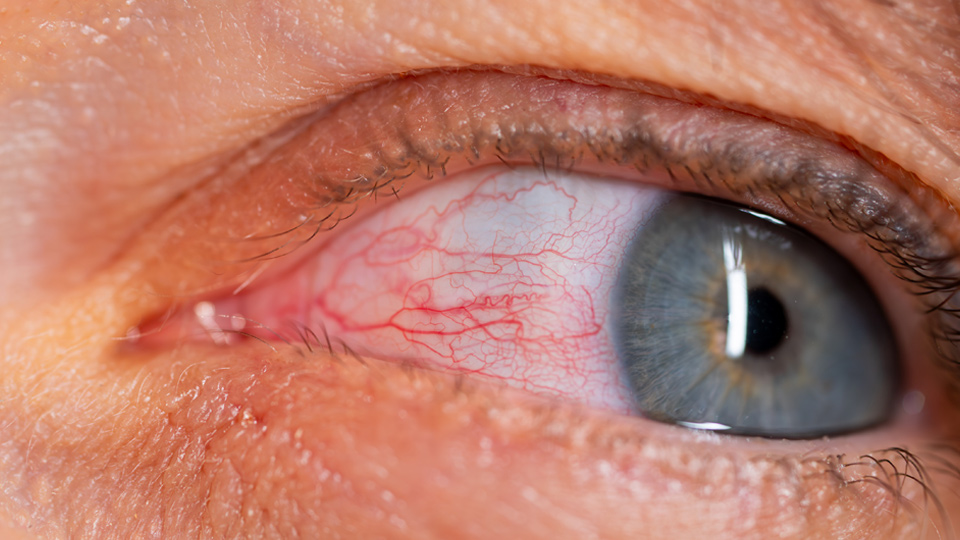How we carry out PRP treatment?
06/02/2026

01/08/2025
Ocular herpes or eye herpes is an infection primarily caused by the herpes simplex virus type 1 (HSV-1). Although this virus is more commonly associated with cold sores, it can also affect various structures of the eye and may compromise vision if not properly treated.
Ocular herpes occurs when the HSV-1 virus enters the body, usually through the nose or mouth, and remains dormant in the nerves. Under certain circumstances, it can reactivate and affect the eyes. It is a recurrent condition, similar to cold sores, and may reappear in response to certain triggers.
Some common triggers include:
Ocular herpes usually affects only one eye, although in some cases both may be involved. It can affect different parts of the eye, such as:
Inflammation and redness of the eyelids.
Causes redness and eye irritation.
The most common and dangerous form; it can cause scarring that affects vision.
Inflammation of the internal structures of the eye.
Deeper inflammation that can affect the retina and optic nerve.
The most common symptoms include:
Diagnosis is made using various clinical tools.
An ophthalmologist examines visible signs of infection and performs a full eye examination.
Although clinical evaluation is usually sufficient to make a diagnosis, in some cases supplementary tests are performed:
Treatment depends on the severity and location of the infection.
Certain medications help reduce viral replication.
Used carefully under medical prescription to reduce inflammation.
In severe cases with corneal scarring that affects vision, a transplant may be necessary to restore transparency.
Although the virus cannot be eliminated from the body, the risk of reactivation can be reduced.
Helps protect the eyes from ultraviolet radiation, a known trigger.
Maintaining a balanced diet, exercising, and getting adequate rest strengthens natural defences.
Especially if there has already been a previous episode of ocular herpes.
Ocular herpes is a disease that can have serious consequences if not treated promptly. Early detection, appropriate treatment, and prevention of flare-ups are key to protecting visual health. At the first sign of symptoms, consult an ophthalmologist for an accurate diagnosis.
Dr Rubén Delgado, ophthalmologist at the Barraquer Ophthalmology Centre